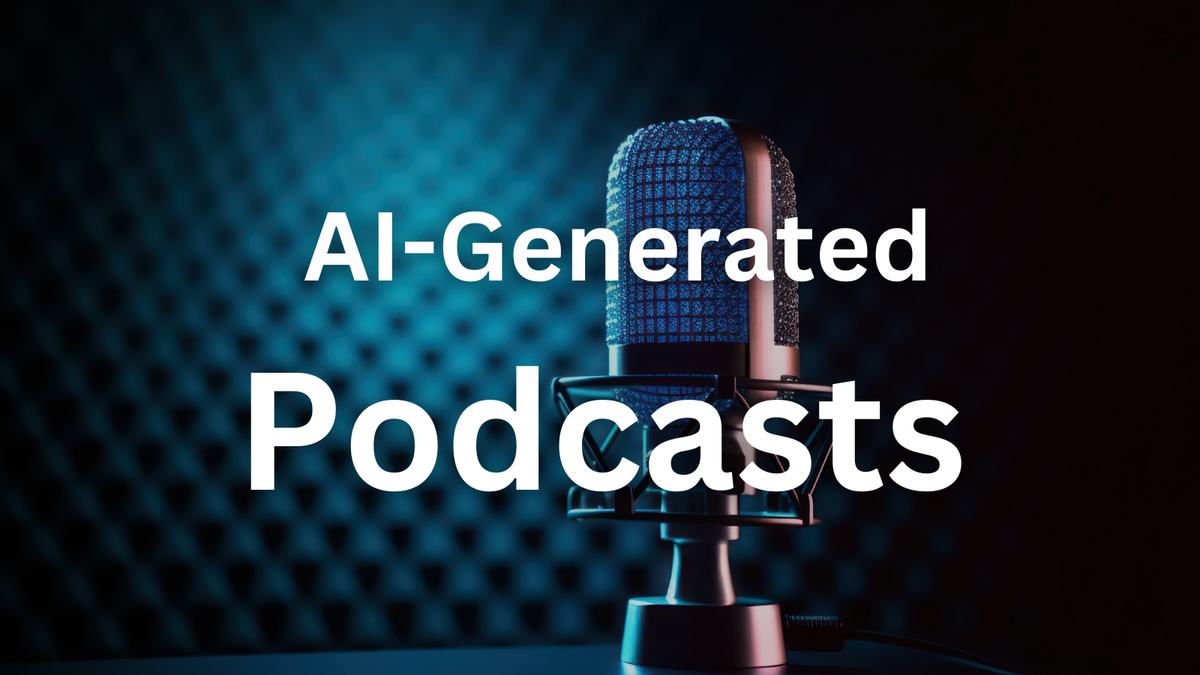Can AI-Generated Podcasts Revolutionize Mental Health Care?

Traditional therapy meets artificial intelligence in Talkspace’s bold new experiment. Virtual therapy platform Talkspace just unveiled Talkcast, an AI-powered tool that lets therapists create personalized podcast episodes for clients. But is this a groundbreaking step toward accessible mental health support—or a risky tech gimmick? Let’s dive in.
🌍 The Gap in Mental Health Care: Why Patients Need More Than Sessions
Therapy doesn’t stop when the session ends. Yet, until now, most patients received little structured support between appointments. Here’s where Talkspace’s Talkcast aims to make waves:
- 📉 Limited Reinforcement: Studies show consistent practice of coping strategies between sessions improves outcomes, but 60% of patients struggle to apply techniques alone.
- 🎧 Generational Preferences: 75% of adults aged 18–44 regularly listen to podcasts, making audio a natural medium for delivering mental health tools.
- ⏱️ Time Constraints: Therapists often lack bandwidth to create customized between-session materials, leading to generic handouts or worksheets.
- 💡 Early Success: In Talkspace’s pilot, 90% of providers and clients called Talkcast “helpful,” praising its digestible format and actionable advice.
🚀 Talkcast Unveiled: How AI Personalizes Mental Health Support
Talkcast isn’t just another meditation app. Here’s how it works:
- ✅ Session-Based AI Analysis: Therapists flag key topics from sessions (e.g., anxiety triggers), and Talkcast generates a 3–5 minute episode with tailored strategies.
- ✅ Clinician Oversight: Every AI-generated episode is reviewed by the therapist before being shared, ensuring accuracy and relevance.
- ✅ Double Opt-In Safety: Both therapists AND patients must consent to use Talkcast, prioritizing ethical AI adoption.
- ✅ Bite-Sized Wins: Episodes focus on “small, incremental changes,” like reframing negative thoughts or grounding techniques, to avoid overwhelm.
Headspace’s AI companion and other tools are exploring similar territory, but Talkcast’s direct integration with therapy sessions sets it apart.
⚠️ Challenges: Can AI Ever Replace the Human Touch?
While promising, Talkcast faces hurdles:
- 🚧 Trust in AI Voices: Synthetic voices lack the warmth of human therapists, potentially reducing emotional connection.
- 🚧 Over-Reliance Risks: Patients might prioritize AI-generated content over in-session work, diluting therapeutic relationships.
- 🚧 Ethical Gray Areas: Despite safeguards, AI could misinterpret sensitive topics (e.g., trauma) without human nuance.
- 🚧 Regulatory Scrutiny: The FDA hasn’t cleared AI mental health tools, raising questions about long-term compliance.
📈 Final Thoughts: A Tool, Not a Replacement
Talkcast’s success hinges on three factors:
- 🚀 Balancing Tech and Humanity: AI should augment—not replace—therapists’ expertise.
- 🚀 Scalability: If effective, Talkcast could ease therapist burnout by automating routine follow-ups.
- 🚀 Patient Feedback Loops: Continuous input from users will determine if AI truly meets their needs.
As Talkspace’s Dr. Benders-Hadi notes, “Practice between sessions drives better outcomes.” But will patients embrace AI as their practice partner? What do YOU think?
Let us know on X (Former Twitter)
Sources: Marissa Plescia. Talkspace Introduces AI-Powered Personalized Podcasts, March 31, 2025. https://medcitynews.com/2025/03/talkspace-ai-podcast/



